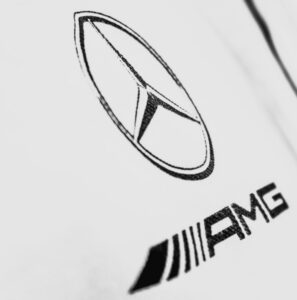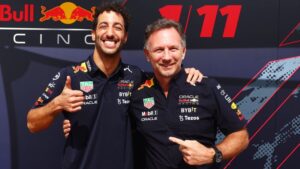Amidst the recent uncertainty surrounding the inaugural Vegas Grand Prix, Christian Horner, Team Principal of RedBull Racing, adds another layer of intrigue by stating that the full effect of the cost cap hasn’t hit the team yet. This revelation raises eyebrows and prompts questions about how it might impact RedBull’s performance in future seasons.
The cost cap, introduced to create a more level playing field and curb excessive spending, has been a game-changer in the world of Formula 1. However, Horner’s assertion that RedBull has yet to feel the full force of the cost cap suggests that the team may still be operating with a degree of financial freedom that other teams have already relinquished.
The implications of this revelation are significant. While RedBull has been a dominant force in recent seasons, especially with Max Verstappen’s historic ten-race winning streak, the landscape of Formula 1 is dynamic, and teams must constantly adapt to changes in regulations and financial constraints.
If RedBull is still to experience the full impact of the cost cap, it raises questions about how this could affect their performance in future seasons. Will the team face challenges in maintaining their competitive edge as the financial constraints tighten? Could this revelation be a prelude to a shift in the balance of power within the F1 hierarchy?
Christian Horner’s statement adds an element of uncertainty to RedBull’s future prospects in a sport where the margin between success and mediocrity is razor-thin. As the Vegas Grand Prix unfolds, fans will be not only captivated by the on-track action but also pondering the behind-the-scenes dynamics that could shape the future of RedBull Racing in the ever-evolving world of Formula 1.




